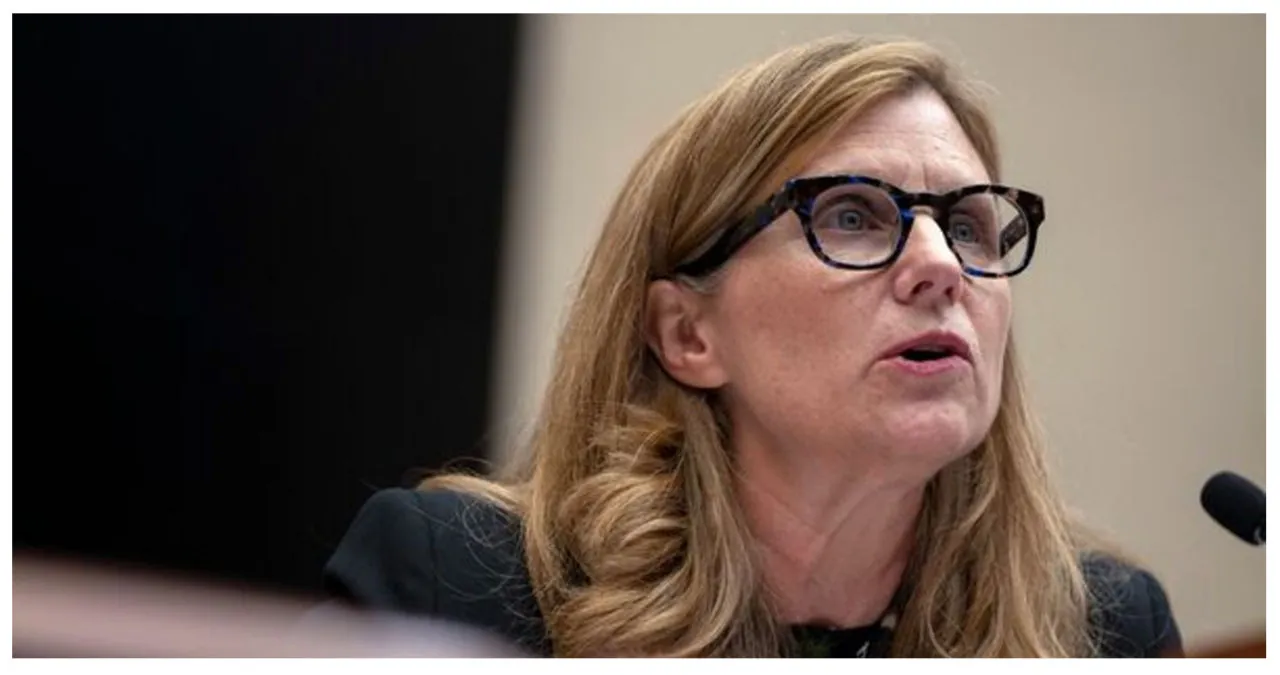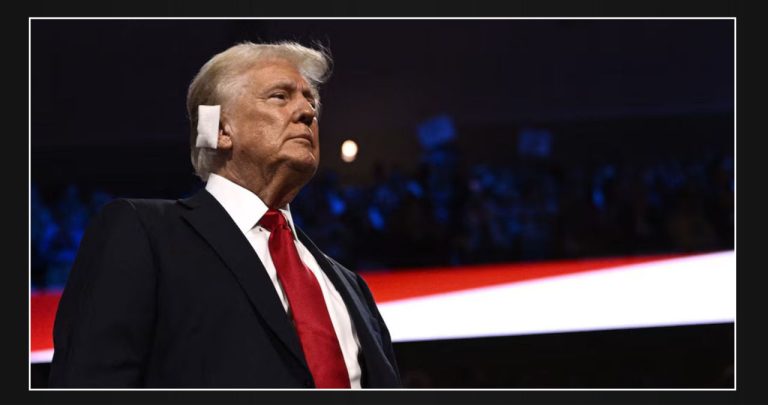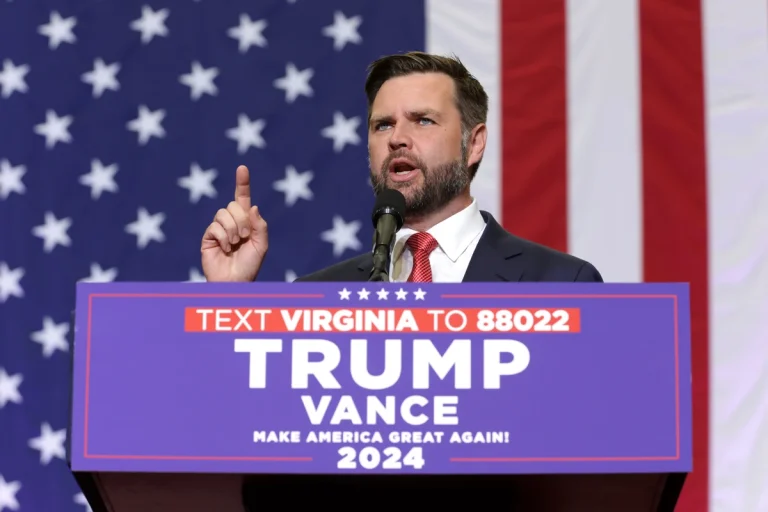The University of Pennsylvania’s President, Liz Magill, has stepped down from her position following mounting pressure from donors and criticism surrounding her testimony at a congressional hearing. During the hearing, Magill faced repeated questioning about whether calls for the genocide of Jews on campus would be considered a violation of the school’s conduct policy. Unfortunately, she was unable to provide a clear response, leading to further scrutiny and ultimately her resignation.
The board of trustees announced on Saturday that Magill, who had been serving as president of the Ivy League school for two years, has resigned. The announcement was made in a statement on the UPenn website.
THIS IS A BREAKING NEWS UPDATE. The previous story from AP is provided below.
New York Governor Urges Colleges to Address Antisemitism and Genocide Calls on Campus
In response to the recent backlash faced by Ivy League presidents for their inadequate condemnation of threats against Jewish students, the governor of New York is urging colleges and universities in the state to take immediate action against cases of antisemitism and any “calls for genocide” on campus. This call comes as a means to ensure the safety and well-being of all students, regardless of their religious beliefs.
Governor Kathy Hochul recently addressed college and university presidents in a letter, emphasizing the enforcement of the state’s Human Rights Law and the referral of any violations of federal civil rights law to U.S. officials.
“As Governor of New York, I aim to emphasize the importance of colleges and universities adhering to federal and state laws that safeguard students from discrimination. Failure to comply with these laws may result in the institutions being ineligible to receive state and federal funds,” she stated.
The governor’s letter does not specifically address any incidents. However, she has stated that the letter is a response to remarks made by the presidents of Harvard and the University of Pennsylvania during a contentious congressional hearing on antisemitism.
U.S. Representative Elise Stefanik, a New York Republican, faced significant criticism for her intense line of questioning during the hearing. She repeatedly asked whether the act of “calling for the genocide of Jews” would be considered a violation of the code of conduct at each university. This particular line of inquiry sparked widespread backlash and controversy.
Harvard President Claudine Gay stated that the acceptability of speech is determined by the context, clarifying that when speech transforms into action that violates their policies. She expressed regret for not effectively condemning the threats of violence against Jewish students.
Penn President Liz Magill has recently clarified her stance on the issue, stating that she now recognizes a call for the genocide of Jewish people as a form of harassment or intimidation. In light of this, she has expressed her intention to conduct a thorough review of Penn’s policies.
Universities in the United States are facing accusations of not adequately safeguarding Jewish students amidst a rise in antisemitism following the October 7 Hamas attack on Israel.
In a recent letter, Hochul expressed her shock at the lack of clear and unwavering condemnation of antisemitism and calls for the genocide of the Jewish people by the presidents of various prominent universities. As educators responsible for shaping the minds of future leaders, she expected these leaders to take a strong stance against such hate and discrimination.
The Buffalo Democrat has taken the initiative to conduct an independent evaluation of CUNY’s policies on antisemitism and discrimination. This comprehensive review, led by a former chief judge of New York’s highest court, aims to assess the effectiveness of the college system in addressing complaints related to antisemitism. The review will also provide recommendations on how administrators can enhance the protection of Jewish students and faculty members within the university.
The New York Civil Liberties Union emphasized the importance of school administrators distinguishing between students who criticize the state of Israel and advocate for Palestinian rights, and those who incite violence.
According to Donna Lieberman, the executive director of the advocacy group, political speech that criticizes the actions of a government is considered a fundamental form of political expression and is therefore protected. In an emailed statement, she emphasized that schools have a responsibility to safeguard both the well-being of their students and their freedom of expression.
Read More:
- A historic Kansas City castle at 18th and Vine is up for sale—take a look!
- Missouri Facilities of Postal Service Contractor Shut Down, Resulting in Staff Layoffs



